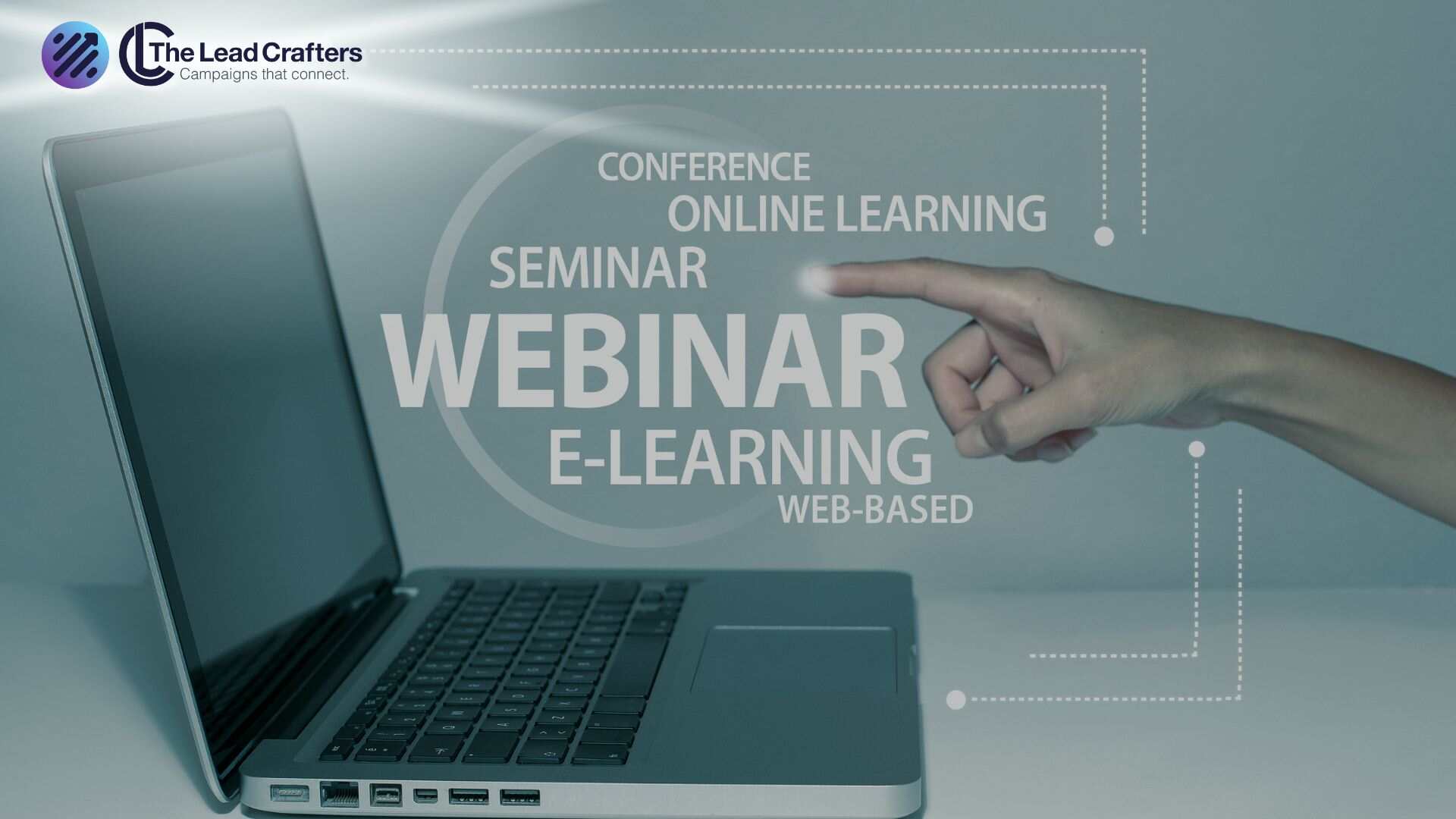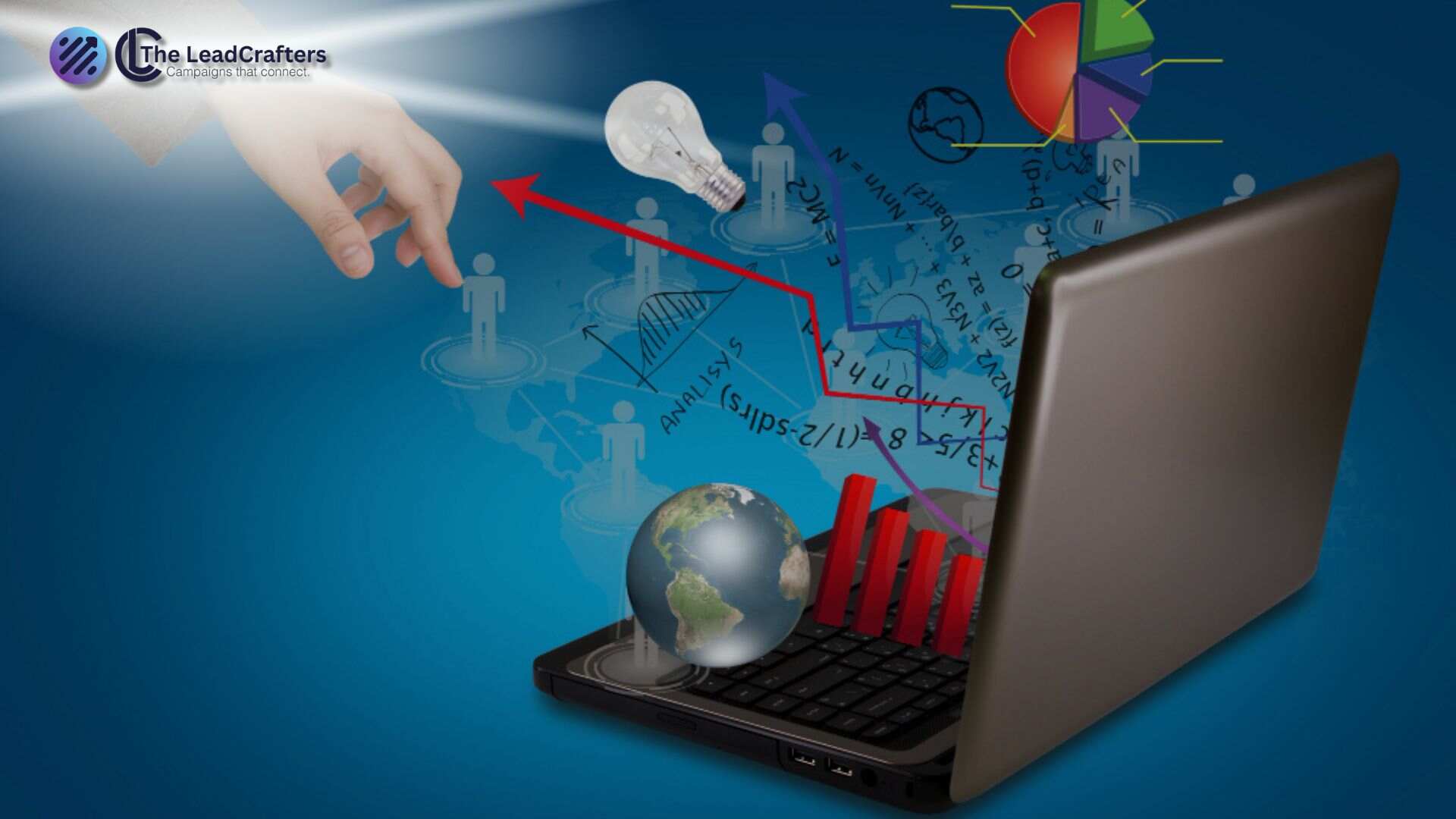In today’s digital-first business world, demand generation is no longer just about cold outreach and static campaigns. Modern buyers seek interactions that are meaningful, personalized, and relevant to their needs. Among the many channels available for B2B and B2C marketers, webinars have proven to be one of the most powerful demand generation tools. They bridge the gap between brand awareness and pipeline growth, offering the perfect balance of education, engagement, and lead capture.
The Role of Webinars in Demand Generation
Webinars serve as interactive platforms where businesses can position themselves as thought leaders, highlight solutions, and engage directly with their target audience. Unlike pre-recorded content, live or semi-live webinars allow for personalized interaction, making them highly effective for nurturing leads.
- Awareness Stage: Introduce your brand to new audiences, showcase expertise, and provide valuable insights to spark interest.
- Consideration Stage: Deliver tailored content that addresses pain points, provides solutions, and positions your brand as a trusted advisor.
- Decision Stage: Guide prospects with product demonstrations, customer success stories, and Q&A sessions that help them visualize implementation.
By design, webinars combine information, storytelling, and real-time engagement—making them an asset for every stage in the funnel.
Why Webinars Work for Demand Generation
There are several reasons why webinars stand out among demand generation tactics:
- Credibility and Trust: Hosting subject matter experts adds authority and builds credibility in your niche.
- Scalability: One webinar can attract hundreds or even thousands of attendees globally with no geographical barriers.
- Engagement: Polls, surveys, live Q&A, and real-time feedback ensure attendees are active participants instead of passive viewers.
- Content Repurposing: A single 60-minute session can be turned into blogs, eBooks, social snippets, and on-demand video assets, amplifying ROI.
When done strategically, webinars not only generate leads but also accelerate their journey down the funnel.
From Awareness to Pipeline: A Webinar Blueprint
To generate pipeline with webinars, businesses need a structured framework. Here’s a step-by-step blueprint:
1. Define Clear Objectives
Ask: Is the webinar designed to generate awareness, capture leads, nurture opportunities, or close deals? Setting clear goals ensures content and promotion are aligned.
2. Identify the Right Audience
Using demographic, firmographic, and behavioral attributes helps you define your Ideal Customer Profile (ICP) and target audience. At The LeadCrafters, precision targeting ensures the right decision-makers attend and engage.
3. Topic and Content Strategy
- Awareness: Broad topics like industry trends, challenges, and best practices.
- Consideration: Problem-solving content, use cases, expert discussions.
- Decision: Solution-focused sessions, live demos, or case studies.
4. Promotion Plan
A great webinar is ineffective without attendees. Combine organic and paid channels for promotion:
- Email campaigns to segmented lists
- LinkedIn and other social platform ads
- Partnerships with influencers or industry thought leaders
- On-site banners and retargeting ads
5. Engagement During the Webinar
Keep attendees involved with:
- Interactive polls
- Real-time chat and moderated Q&A
- Downloadable resources during sessions
6. Post-Webinar Nurture Strategy
Generating pipeline does not stop when the session ends. Gather key data: who registered, who attended, how long they stayed, and what content they engaged with. Create a nurture sequence based on behavior:
- Follow-up emails with the replay
- Personalized outreach from sales for key prospects
- Targeted content recommendations
Webinars Across the Sales Funnel
Awareness Stage
At this stage, prospects are unfamiliar with your brand and the problems you solve. Webinars build visibility and thought leadership.
Example Topics:
- “Top 5 Market Trends Shaping [Industry]”
- “How to Solve [Problem] in 2025 and Beyond”
Goal: Establish expertise and attract a wide audience.
Consideration Stage
Prospects now know their challenge and are exploring possible solutions. Webinars at this stage should be solution-oriented.
Example Topics:
- “Proven Framework for Reducing Customer Churn”
- “5 Strategies to Boost B2B Sales Pipelines”
Goal: Position your brand as a credible solution provider.
Decision Stage
Here, prospects are close to making a purchase decision. Webinars should build confidence in your solution.
Example Formats:
- Customer success story webinars
- Product demos with live Q&A
- Executive panel discussions
Goal: Convert high-intent prospects into qualified opportunities.
Measuring Webinar Success
To evaluate ROI, track both engagement metrics and pipeline impact.
Key Metrics include:
- Registration vs. attendance rates
- Average watch time per attendee
- Poll participation and Q&A activity
- Number of qualified leads generated
- Opportunities and revenue attributed to webinars
At The LeadCrafters, these metrics are paired with ongoing campaign optimization to ensure maximum conversion rates.
Why Partner with The LeadCrafters for Webinar Demand Generation
Webinars are powerful—but without the right strategy, they won’t move the needle. With deep expertise in campaign modernization, personalized solutions, and precision targeting, The LeadCrafters ensures webinars don’t just deliver views—they deliver pipeline.
- Flexibility: Every webinar plan is customized based on client goals.
- Quality: From defining ICPs to verifying contact records, outreach is precise and effective.
- Timely Delivery: Webinar campaigns are executed seamlessly, ensuring promotional timelines and post-event follow-ups are on point.
- Innovation: With insights such as engagement scoring and follow-up recommendations, The LeadCrafters maximizes ROI.
- Security: ISO-certified processes ensure data and communication are handled securely.
By partnering with The LeadCrafters, businesses can modernize campaigns and integrate webinars into a holistic demand generation strategy that drives measurable outcomes.
Future of Webinars in Demand Generation
The future of webinars is evolving rapidly, driven by technology and shifting buyer preferences. Trends to watch include:
- AI-Powered Personalization: Tailoring webinar recommendations and follow-up journeys based on attendee behavior.
- Interactive Experiences: Incorporating live networking rooms, virtual booths, and immersive experiences.
- On-Demand Consumption: Repurposing live webinars into bingeable content for long-term lead nurturing.
- Data-Driven Insights: Leveraging analytics to improve targeting, engagement, and follow-up sequencing.
Organizations that embrace these trends will make webinars not only a demand generation tool but a competitive advantage.
Final Thoughts
Webinars have become an indispensable demand generation tool, effectively taking prospects from awareness to pipeline. They combine education, engagement, and measurable ROI, making them a cornerstone of modern marketing strategies. When supported by expert partners like The LeadCrafters, webinars become far more than a marketing channel—they become a revenue engine.
Businesses that invest in structured, data-driven, and audience-focused webinars will continuously fuel their sales pipelines and establish themselves as industry leaders.



